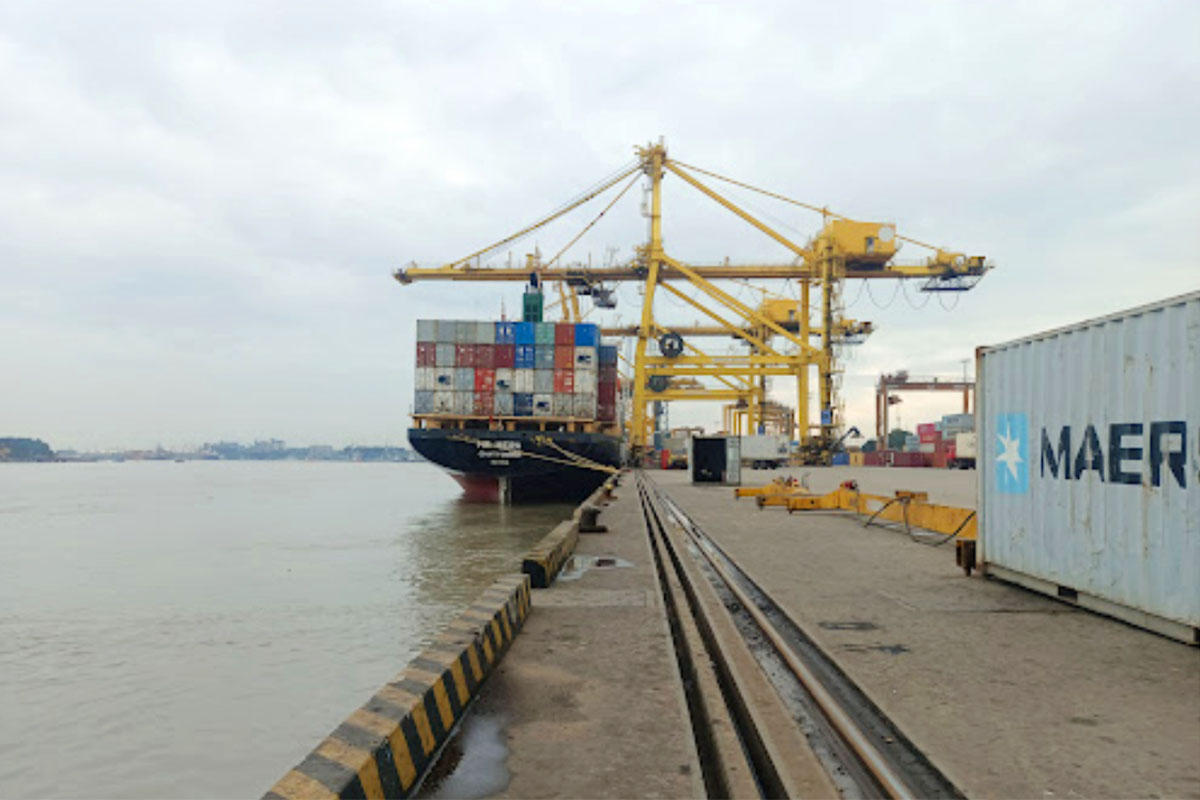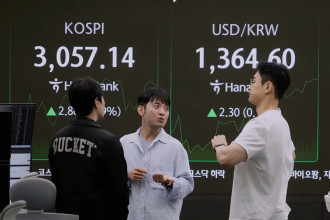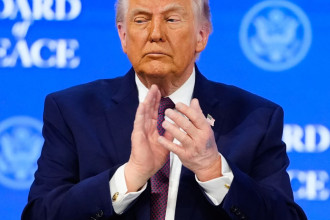
KATHMANDU: India’s restrictions on imports from Bangladesh via land ports will affect goods worth $770 million, representing nearly 42% of total bilateral imports, according to a report by the Global Trade Research Initiative (GTRI), a trade-focused research group.
On Saturday, India’s Union Ministry of Commerce and Industry imposed immediate restrictions on the import of several categories of goods from Bangladesh, following a directive issued by the Directorate General of Foreign Trade (DGFT), ANI reported.
As a result, key goods such as garments, processed foods, and plastic items are now restricted to select seaports or banned from land routes altogether.
Under the new policy, Bangladeshi garments, valued at $618 million annually, can now enter India only through two designated seaports, effectively cutting off access via land routes that previously served as primary trade corridors.
The decision will significantly impact Bangladesh’s most lucrative export channel to India, according to GTRI.
Indian textile manufacturers have long expressed concerns over what they describe as unfair advantages enjoyed by Bangladeshi competitors, who benefit from duty-free imports of Chinese fabric and substantial government export subsidies. These factors reportedly provide Bangladeshi exporters with a 10% to 15% pricing edge in the Indian market.
GTRI noted in its report that these trade measures did not arise in isolation.
“The restrictions appear to be India’s response to Dhaka imposing curbs on imports from India across a wide range of items and shifting its diplomatic focus towards China,” the report stated.
The move is also possibly linked to controversial remarks by Bangladesh’s interim chief adviser, Muhammad Yunus.
During a speech in China, Yunus described India’s northeastern states as a “landlocked region with no access to the ocean.” The comment has caused diplomatic friction, with Indian officials viewing it as an attempt to undermine the region’s connectivity and status.
Highlighting Dhaka’s growing alignment with China, the report states that the fall of Sheikh Hasina’s pro-India government in mid-2024 and the rise of an interim administration under Yunus have signalled a strategic shift towards Beijing. Yunus’s visit to China in March 2025 secured $2.1 billion in new investments and cooperation agreements. These developments, along with infrastructure projects such as the Teesta River development, have challenged India’s position in the region.
Since late 2024, Bangladesh has imposed a series of restrictions on Indian exports. These include an April 2025 ban on Indian yarn imports through five major land ports, tighter controls on rice shipments, and bans on dozens of Indian goods, including paper, tobacco, fish, and powdered milk.
Adding to trade tensions, Dhaka introduced a transit fee of 1.8 taka per tonne per kilometre on Indian goods moving through its territory.
The report states that these cumulative measures, along with operational delays and stricter port inspections, have hindered Indian exporters and led to calls for a calibrated response.






